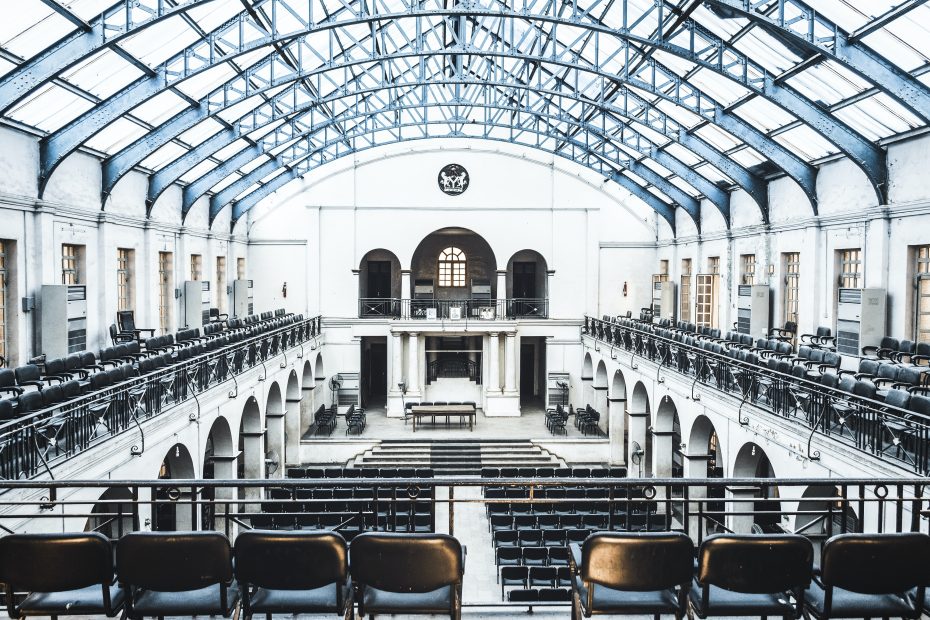Nigeria is home to some of the most iconic ancient civilizations and kingdoms in Africa. The country contains many historic sites and archaeological treasures that provide glimpses into these influential empires that date back over 2,000 years. From the ancient Nok culture to the great Benin Kingdom, Nigeria’s past kingdoms have left behind fascinating artifacts, structures, and sacred places that continue to intrigue visitors and researchers today.
The ancient Nok civilization flourished between 1500 BCE and 200 CE in central Nigeria. The Nok culture is considered one of the earliest complex societies in west Africa. The Nok people were skilled iron workers and sculptors, crafting expressive terracotta figurines that depicted humans, animals, and mythical creatures. Over 500 of these terracotta sculptures have been unearthed, providing insight into Nok beliefs and daily life. The dramatic decline and disappearance of the Nok remains an archaeological mystery.
In northern Nigeria, the ancient Hausa states established important trading centers and cities beginning in the 1st millennium CE. Kano became the prominent economic capital of the Hausa kingdoms. The historic walls of Kano, dating back to the 11th century CE, protected the city from invasion. Sections of the massive defensive walls still stand today. Other highlights include the sacred Dala Hill site and the Gidan Rumfa palace.
The Benin Kingdom emerged in the 13th century CE and grew into a highly developed civilization in southern Nigeria. Benin City became a major urban center during the kingdom’s peak in the 15th and 16th centuries. The Benin Kingdom is renowned for its intricate bronze plaques and sculptures crafted by guild artists. Bronze casting by the “lost wax” method reached an advanced level of skill and artistry. The Benin City walls, estimated to be up to 20,000 km long, protected the huge capital. Parts of the earthwork and moat system still surround Benin City today.
The ancient kingdom of Ife flourished as early as the 11th century BCE in southwest Nigeria. Ife is considered the spiritual birthplace and ancestral home of the Yoruba people. Ife artists famously crafted beautiful terracotta and bronze sculptures depicting human figures and scenes of courtly life. The magnificent metal works demonstrate Ife’s advanced culture and technical skills. Several sacred shrines and sites associated with Ife’s creation myths remain spiritual centers today.
At its peak in the 17th and 18th centuries, the Oyo Empire grew into one of the largest states in Africa. The empire’s capital was situated at Old Oyo, located near the modern city of Oyo. Today, Old Oyo’s ruins preserve remnants of the former royal palace and the city’s defensive walls. Other significant Oyo Empire sites include the Shrine of Oranmiyan and various urban centers like Ibadan and Ijaye.
The independent Kingdom of Nri flourished from the 10th to 15th centuries CE in eastern Nigeria. The kingdom held religious sway among the Igbo people and influenced culture across Igboland. Nri’s sacred sites and artifacts provide insight into their spiritual beliefs focused on purification and reincarnation. Remarkable archaeological finds like censers, drums, and bronze items illuminate this medieval kingdom.
Beyond the major ancient kingdoms, medieval empires like the Kanem-Bornu Empire and independent groups like the Igala developed complex cultures that left their mark on Nigeria’s diverse history. Archaeological research continues to uncover more about their notable achievements.
The legacy of ancient civilizations endures in Nigeria, a country with more than 250 ethnic groups and a rich cultural heritage. From legends to language to spiritual beliefs, Nigeria’s historic kingdoms helped shape modern society. Their monuments and artifacts stand as national treasures and windows into the past, reminding us of Africa’s creative genius and enduring humanity.
Conclusion
Nigeria’s iconic ancient kingdoms represent some of the most advanced pre-colonial civilizations in Africa. The remains of sophisticated urban centers, monumental architecture, exquisite artworks, and sacred sites provide glimpses into complex and prosperous cultures that flourished over many centuries. As archaeological discoveries continue, Nigeria’s national heritage expands and attracts worldwide interest. Exploring the historic sites and relics of these influential ancient empires and kingdoms allows visitors to discover Nigeria’s vibrant indigenous history and appreciate the cultural achievements of early African societies.
FAQs
Q: What are some of the key ancient kingdoms in Nigeria?
A: Some of the most important ancient kingdoms in Nigeria include the Nok civilization, the Hausa states like Kano, the Kingdom of Benin, the Kingdom of Ife, the Oyo Empire, the Kingdom of Nri, and the Kanem-Bornu Empire.
Q: Where can you see terracotta Nok sculptures?
A: Many Nok terracotta sculptures can be seen at the Jos Museum in the city of Jos in central Nigeria.
Q: What historic site in Kano is associated with magic and traditional beliefs?
A: Dala Hill in Kano is a sacred hill site that’s associated with magic and traditional Hausa beliefs.
Q: What were the famous bronze casts made by the Kingdom of Benin known for?
A: The Benin Kingdom’s bronze casts, dating from the 13th to 19th centuries, were renowned for their elegant naturalism and highly skilled craftsmanship.
Q: Where are the walls of Benin City located?
A: Extensive sections of the historic defensive walls and moat system built around Benin City can still be seen there today.
